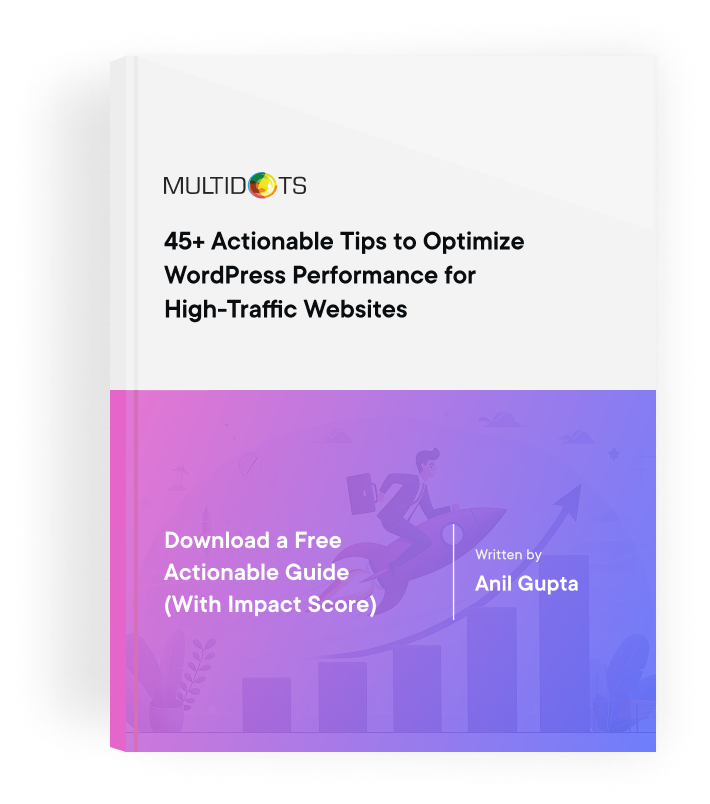Enhancing Security in Cloud Data Storage: A Guide for Enterprise Leaders
Learn how to enhance security in cloud data storage to protect your sensitive information and maintain compliance

Table of Contents
Since the beginning of cloud, security has been one of the significant concerns among many businesses that are working in public cloud.
As more businesses move their data to the cloud, security remains one of the top concerns. While the benefits of cloud storage are undeniable—cost savings, scalability, and flexibility—enterprises must address potential security threats to protect sensitive information and ensure compliance. Here’s an updated overview of why cloud security is essential and the best practices for safeguarding your data.
Key Cloud Security Threats
A report by Crowd Research Partners identified several key security risks in cloud environments, including:
- Misconfiguration of cloud platforms: 62% of security threats.
- Unauthorized access to employee credentials and weak access controls: 55%.
- Insecure APIs and interfaces: 50%.
Many businesses hesitate to store data on cloud infrastructure because it’s managed externally. However, understanding the security landscape and adopting best practices can significantly reduce these risks.
Why Cloud Security Matters
In the U.S., nearly 90% of enterprises use cloud solutions, and around 52% of small to mid-sized businesses (SMBs) rely on the cloud for data storage. These advantages come with risks, including data breaches, unauthorized access, and non-compliance with privacy laws.
Here are key reasons why cloud security is critical for enterprises:
1. Risk of Data Breaches
Data breaches are becoming more frequent and damaging. Major incidents have shown how vulnerable cloud data can be. Even a minor breach can severely harm a company's reputation. Preventing such incidents must be a priority.
2. Emerging Threats
AI-based attacks, ransomware targeting cloud environments, and vulnerabilities related to cloud-native technologies (e.g., Kubernetes) are new threats cloud security must contend with.
3. Know Where Your Data Is Stored
As organizations move to the cloud, it’s essential to know exactly where your data is stored. Different countries have different regulations regarding data storage, and understanding these regulations is crucial. For example, U.S. law allows access to data stored in the cloud, while European countries prioritize privacy protection.
4. Defining Clear Security Roles
Cloud storage makes it easy for organizations to share data across teams. However, not all employees need access to all data. Clearly defining who can access what—and implementing encryption for sensitive data—is essential. A Service Level Agreement (SLA) with your cloud provider should specify security responsibilities and expectations.
5. Shared Security Responsibility
Some businesses wrongly assume that cloud providers are fully responsible for data security. In reality, cloud providers offer shared responsibility models. While the provider ensures infrastructure security, organizations must secure their data, access controls, and compliance.
6. Investing in Cloud Security Tools
Cloud storage can be vulnerable to breaches and inefficiencies without the right security tools. A Cloud Access Security Broker (CASB) can offer customizable solutions to monitor and protect cloud data, cost-effectively improving security and compliance.
7. Shared Technology Risks
Cloud platforms often use shared technologies that may introduce vulnerabilities. A cloud service that is not properly isolated for multi-tenant use can expose multiple customers to security risks. Understanding these risks and working with secure, isolated solutions is vital.
8. Human Error and Inadequate Diligence
The rise of Bring Your Own Device (BYOD) environments increases the likelihood of human errors. Small mistakes in handling credentials or cloud access can lead to significant security breaches. Additionally, a lack of due diligence when choosing a cloud provider could expose your business to hidden risks.
Best Practices for Securing Cloud Applications
- End-to-End Encryption
Data transmitted to and from cloud servers should be encrypted using SSL/TLS protocols. Encryption should be maintained even once the data reaches the cloud service provider. - Encrypt Static Data
Data stored in the cloud must also be encrypted. Use advanced encryption standards (AES-256) and ensure encryption keys are stored securely using master keys. - Zero Trust Architecture (ZTA)
Zero-trust architecture should be adopted with cloud storage by moving beyond "trust but verify" to "never trust, always verify." Require verification for every user and device accessing your cloud applications. - AI-Powered Security Tools
AI can detect abuse and threats within a cloud storage platform, and AI-enhanced encryption algorithms can provide heightened security. - Regular Vulnerability Testing Regular vulnerability assessments help identify and address system weaknesses. Automating scans can shorten security audit cycles and improve response times to emerging threats.
- Clear Data Deletion Policies Establish policies for securely deleting data once its retention period has ended. This reduces the risk of exposing data after it is no longer needed.
- Role-Based Access Control (RBAC) Implement RBAC to define specific access and editing permissions for each user. This helps prevent unauthorized access to critical data and ensures compliance with security standards.
- Compliance Certifications Ensure your cloud provider holds relevant security certifications, such as:
- PCI DSS: A standard for securing payment card data.
- SOC 2 Type II: Ensures that the provider maintains effective security, availability, and confidentiality controls.
Conclusion
The cloud offers incredible benefits, but it also presents significant security risks. To mitigate these risks, businesses must proactively safeguard their data. By implementing strong encryption, defining clear security roles, and ensuring regular vulnerability testing, enterprises can protect themselves and comply with necessary regulations.
Are you ready to secure your data on the cloud? Understanding and addressing cloud security threats is not optional—it's essential for protecting your organization and maintaining customer trust.
Schedule a consultation call and discuss your migration requirements.
Contact Us
